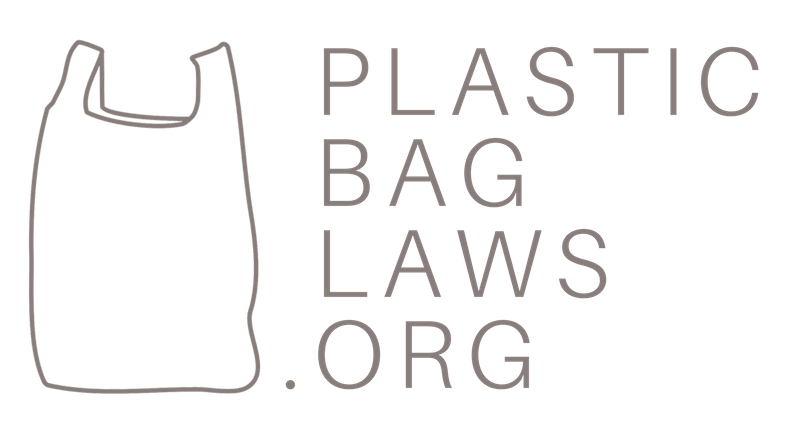Don't be fooled - plastic bag recycling laws are not the answer.
Mandatory plastic bag recycling laws usually require grocery stores to accept used plastic bags for recycling. These laws are usually sponsored by plastics industry groups. Watch out! Plastic bag recycling laws also usually include a preemption clause so that no other plastic bag reduction measure can be put in place.
Don't put plastic bags in your curbside recycling bins.
Almost all curbside recycling programs do not accept plastic bags – so plastic bags should be dropped off at grocery stores with plastic bag recycling programs. If you put plastic bags in your curbside recycling bin, they often clog machines at recycling facilities and thus actually hinder the recycling process.
Even at the grocery store, you may only recycle clean and dry plastic bags and films, including the following:
- plastic carryout bags
- newspaper bags
- dry cleaning bags
- bread & produce bags
- zip lock bags (remove hard components)
- plastic cereal box liners
- case wrap/shipping packaging (diapers, snacks, water bottles, paper towels)
Plastic bag recycling rates are low.
According to the EPA's 2009 Municipal Waste Characterization Study, the recycling rate for plastic HDPE films (plastic bags, sacks, & wraps) was 6.1%. (see page 53.)
This statistic is artificially high when used as a reference point by proponents of plastic bag recycling because it includes all wraps and packaging, like "industrial stretch films" used in shipping, not just plastic bags.
This statistic is also questionable, because one of the primary sources of data regarding plastics recovery used for the study were annual product recovery surveys conducted for the American Chemistry Council. (see page 54.) The American Chemistry Council is a plastics industry group and has a monetary interest in promoting the production of plastic products, thus the use of their data appears to be a conflict of interest.
Plastic bag recycling is of limited value (and dirty).
This recycling newsletter discusses the difficulty of recycling plastics generally and plastic bags specifically, noting the following problems:
- costly collection
- sorting is necessary and cost-intensive
- quality and cleanliness are critical issues and hard to maintain
The market for used plastic bags is limited and Trex, a large manufacturer of wood-alternative decking and fencing products, is often cited as the lone example of the "hungry" marketplace for used plastic bags. According to a American Chemistry Council, 29% of post-consumer plastic bags and film were used for composite lumber applications in 2008.
Hilex Poly claims to operate the largest plastic bag recycling plant in the world in North Vernon, Indiana. In the video on Hilex's website, they clarify that Hilex operates the largest "cradle-to-cradle" plastic bag recycling plant. However, that only applies to "nice clean films." Then what about the majority of recycled plastic bags (that are contaminated)? Those bags usually go either to composite lumber material or to the export market.
But is there really a viable export market? The American Chemistry Council's 2008 post-consumer plastic bags and film report showed that 57% of that material went to the export market. The ACC report noted the very limited domestic capacity to handle material contaminated with dirt and other impurities in the United States. These limitations are likely due to the numerous environmental laws (e.g. the Clean Air Act ) that regulate domestic businesses but do not apply to exported wastes. Interestingly, post-consumer plastic bags and film wastes are so dirty to process that China proposed a ban on their import in 2008!
Please feel free to email us if you have additional information regarding plastic bag recycling.
